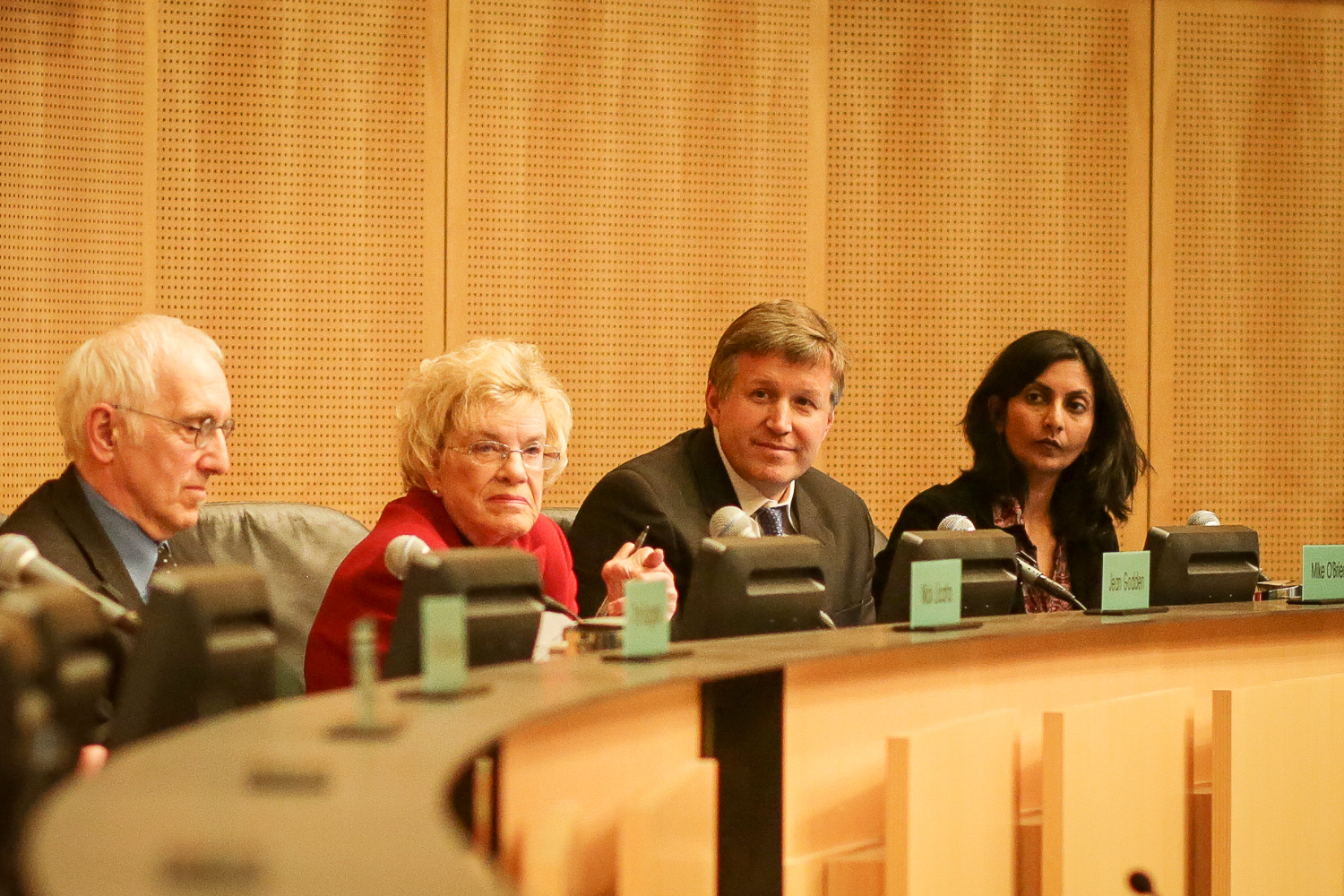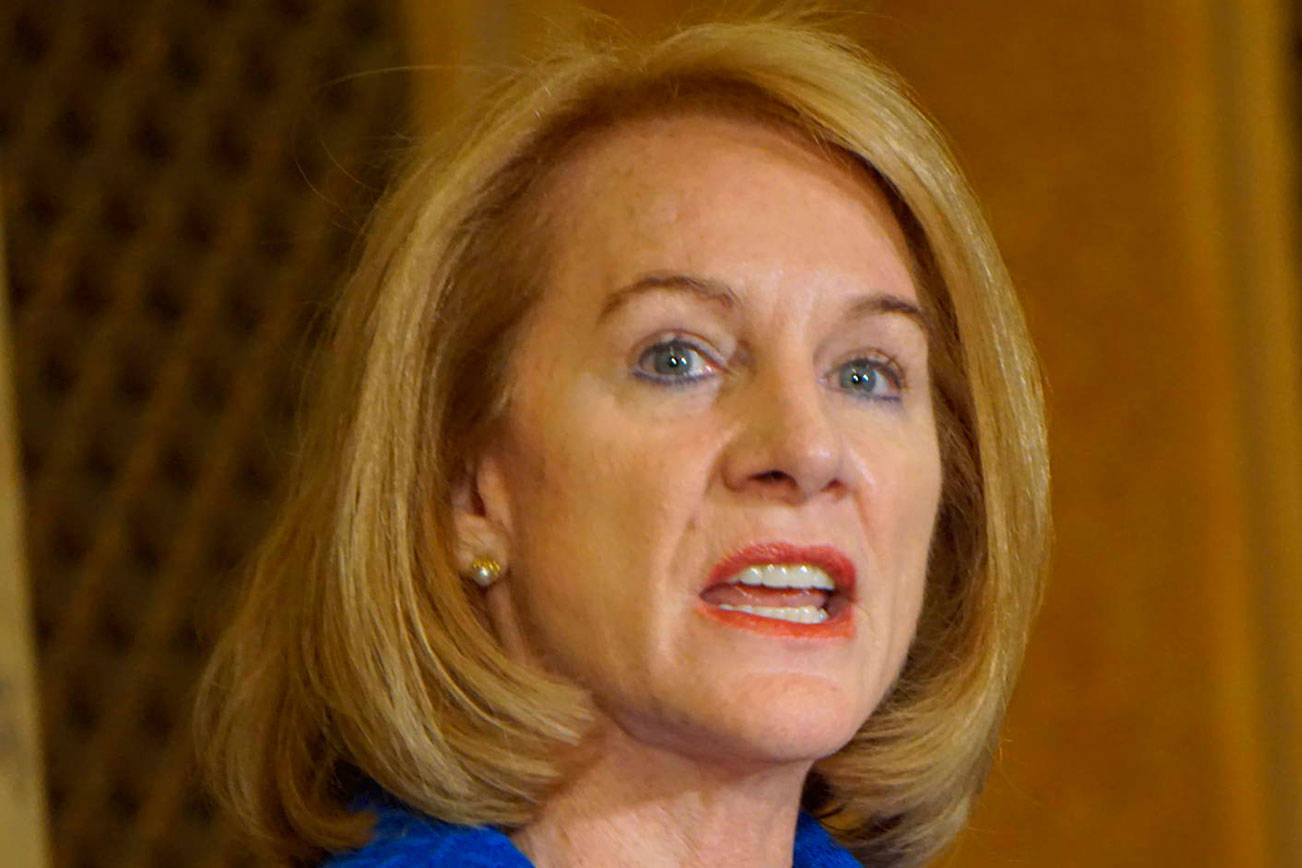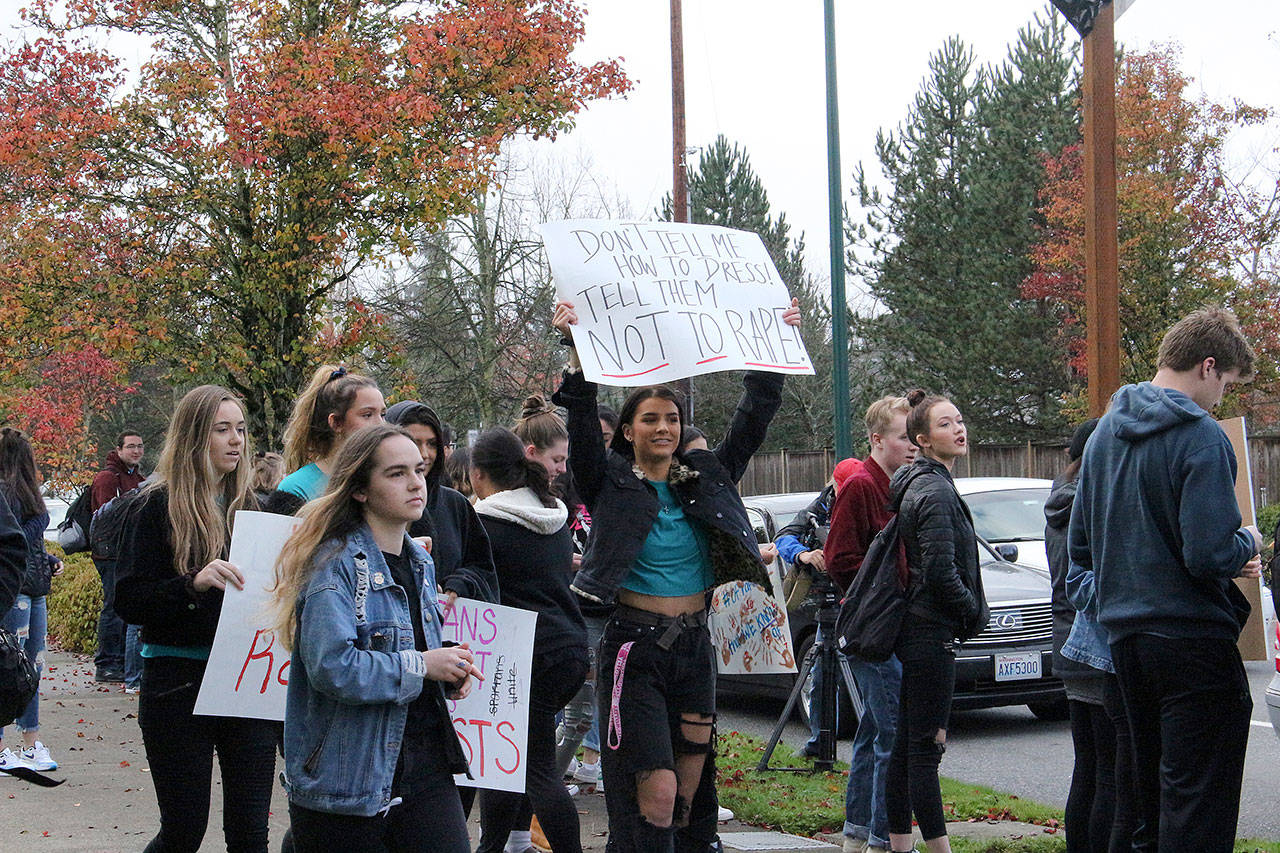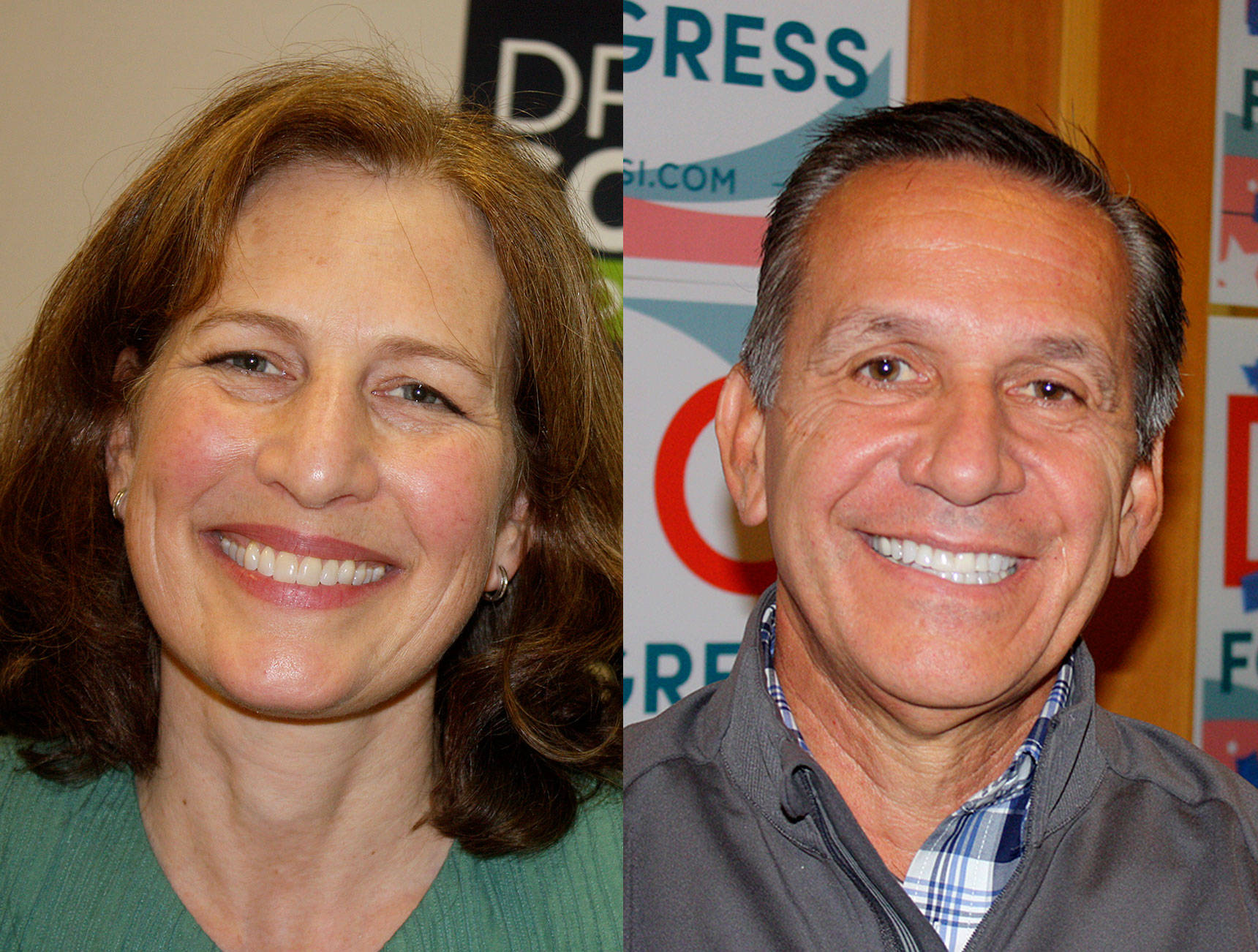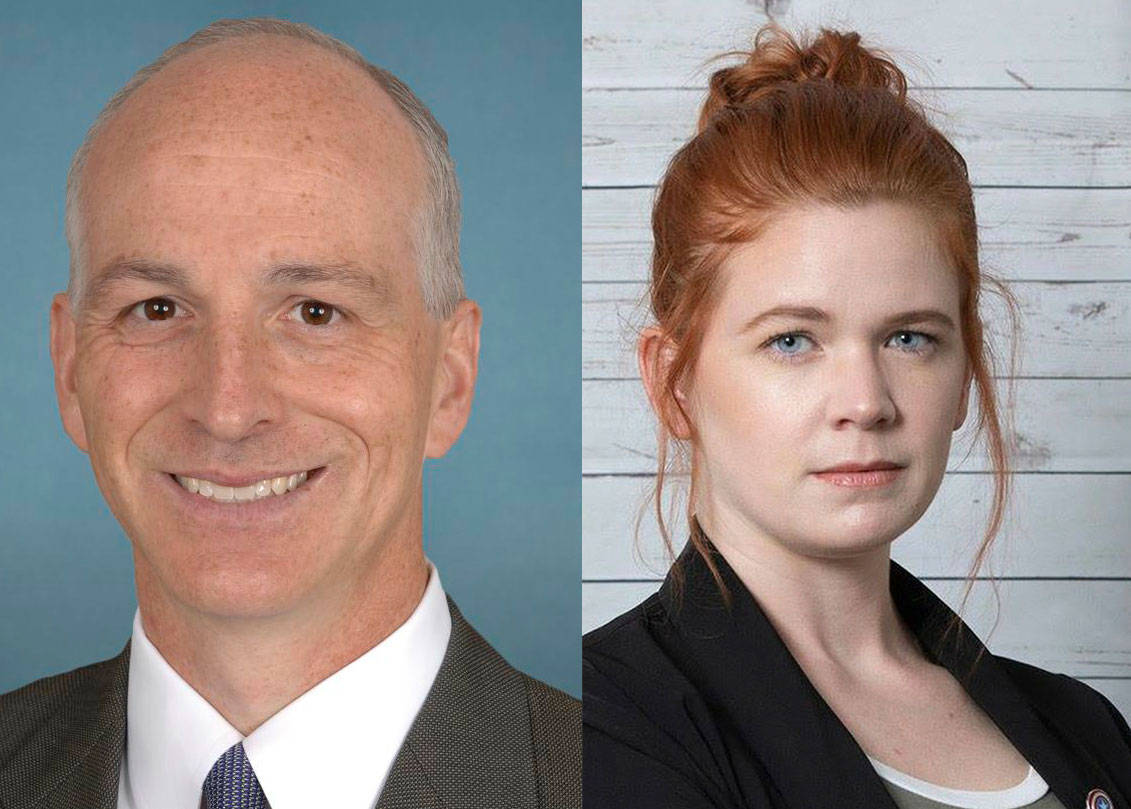Last week the City Council’s Budget Committee passed a $4 billion budget for Seattle by a 9-0 vote, all but ensuring a formal approval set for a Nov. 24 vote. In doing so the Council kept intact much of the budget outline put forth by Mayor Ed Murray on Sept. 22 while adding or enhancing funding for some projects and issues. There is a lot to take in here, but three items in particular caught our collective eye.
Parental leave Councilmember Jean Godden, lately all riled up about gender inequality, pushed through $250,000 to start a paid-parental-leave plan for city employees. This makes Seattle one of very few cities in the country to offer such a benefit, according to Godden. “I’m excited,” she told Seattle Weekly. What remains to be seen is exactly what the plan will be. Details will be worked out in the coming months. Among them: How long will the paid leave last? “I don’t think it will be months. We’ll probably start out with weeks,” said Godden, for whom this is a legacy issue. She acknowledged this “starter” plan, due to launch sometime in 2015, “may not be that robust, but it will be scaleable.” Read more about Godden’s baby here.
$15 for city workers The Council’s Budget Committee also unanimously approved an amendment by Councilmember Kshama Sawant, co-sponsored by Councilmember Mike O’Brien, to set aside $1.6 million over the next two years to ensure that all city workers receive a minimum of $15 per hour beginning April 1, 2015. The Sawant amendment made good on a promise made in January by the then-newly elected mayor to bring all city workers to $15 per hour by executive order, but the Mayor’s proposed budget had not included funding to raise the wages. “Today we were able to finally deliver on Mayor Murray’s unfulfilled January promise,” said Sawant. Read more about Sawant’s amendment here
Wage enforcement Also approved was $1 million in funding to improve enforcement of minimum-wage, sick-leave, wage-theft, and other labor standards. The money will be used for community-based outreach to workers and for two additional full-time investigators in the Division of Labor Standards. The vote came just days after Paseo’s abrupt closure put a spotlight on the extent of wage theft—estimated to cost U.S. workers $50 billion a year—and just weeks after a report by the Seattle City Auditor found that despite numerous complaints, not a single employer had been fined for violating the city’s paid-sick-days law. “This is about meeting workers where they are at and doing everything we can as a city to make sure workers know their rights on the job and know how to stand up for those rights when they are being violated,” said O’Brien.
news@seattleweekly.com
